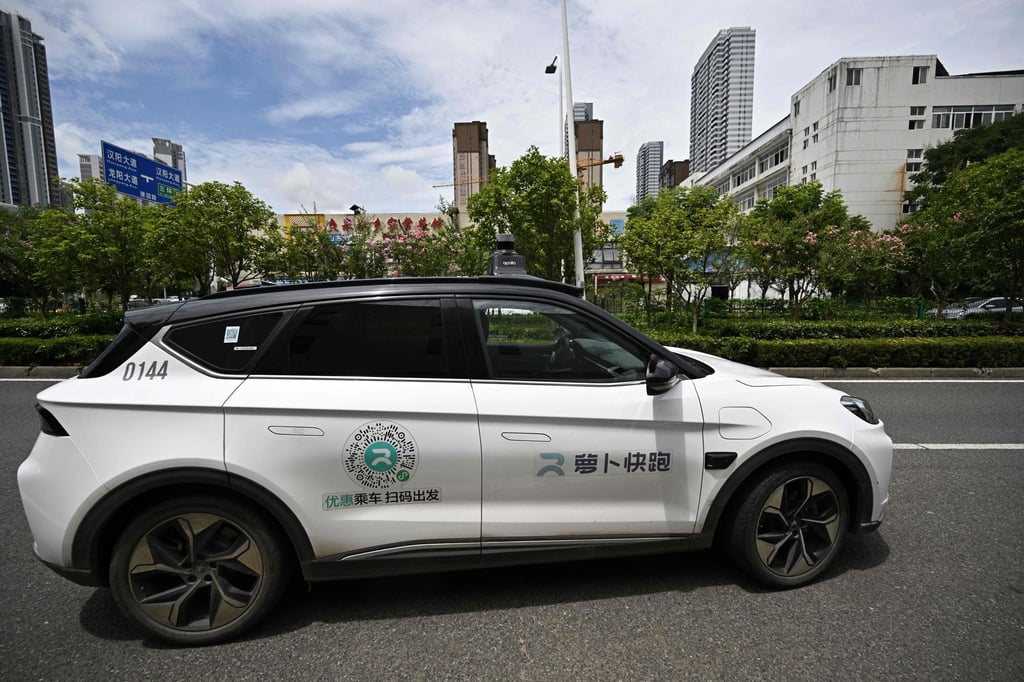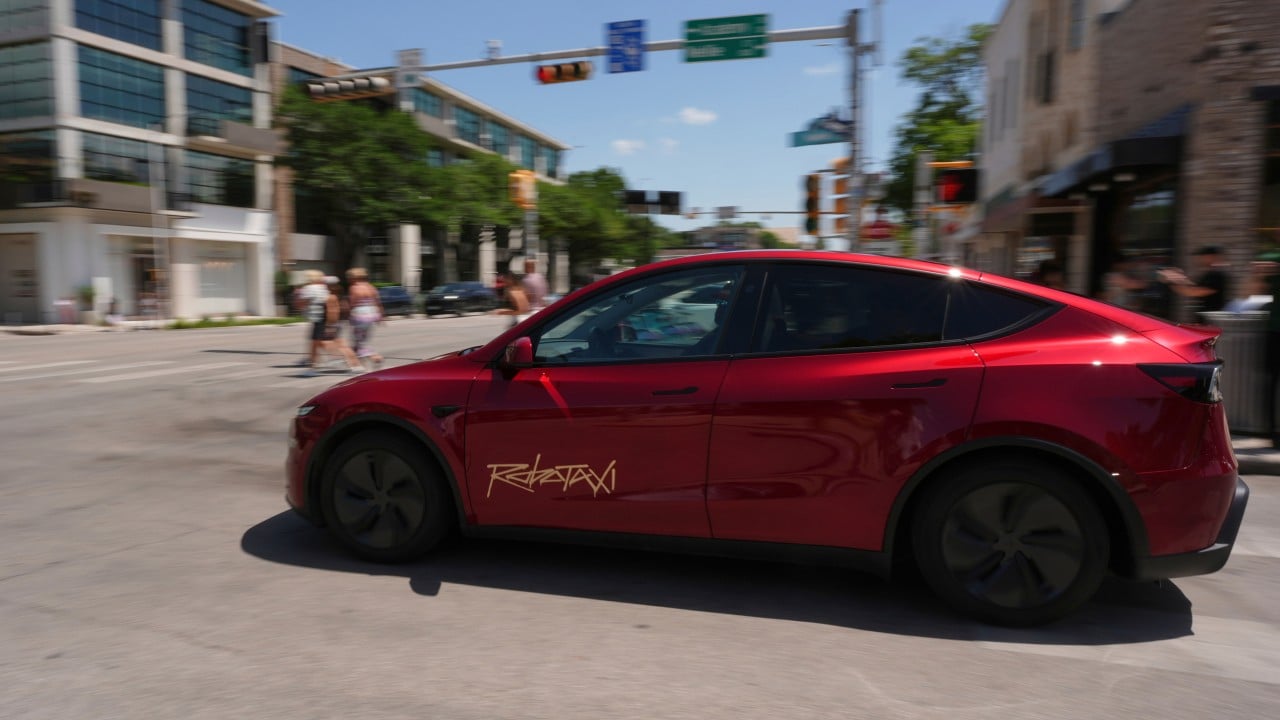With the roll-out of Tesla’s new Robotaxi service in Austin, Texas, here is how Elon Musk’s offering compares to the Apollo Go driverless taxi service by Chinese tech giant Baidu:
Advertisement
When: Tesla CEO Elon Musk announced the launch of the autonomous vehicle service on X, formerly Twitter, on Monday, calling it the “culmination of a decade of hard work”.
Baidu first tested its Apollo Go autonomous vehicle in September 2019, with official commercial service beginning in 2022.
Where: Tesla’s Robotaxi app has launched in Austin, but Musk plans to expand the driverless cab service depending on performance. The inaugural public rides were given to select influencers, with videos posted to X on the official Robotaxi account.
Apollo Go began as a mainland China service, with initial testing in Changsha, capital of southern Hunan province. It later expanded to larger cities such as Beijing and Shenzhen. In 2022, the company started commercial services with a fleet in Wuhan, capital of central Hubei province. Apollo Go currently operates in more than 15 cities, including Hong Kong, Dubai and Abu Dhabi.

Technology: Both Tesla and Baidu vehicles use custom artificial intelligence chips and specialised software to handle autonomous driving. Baidu uses its self-developed Kunlun II chip.

